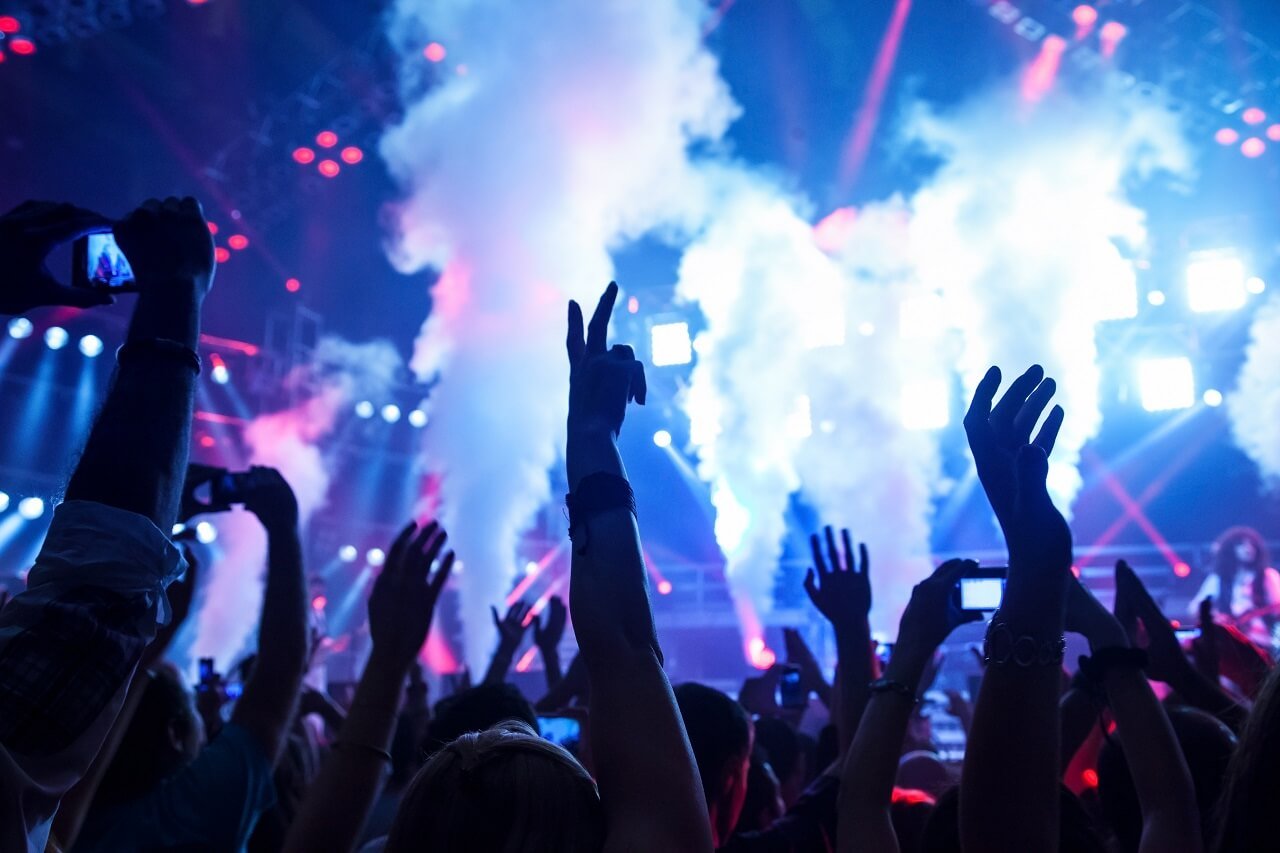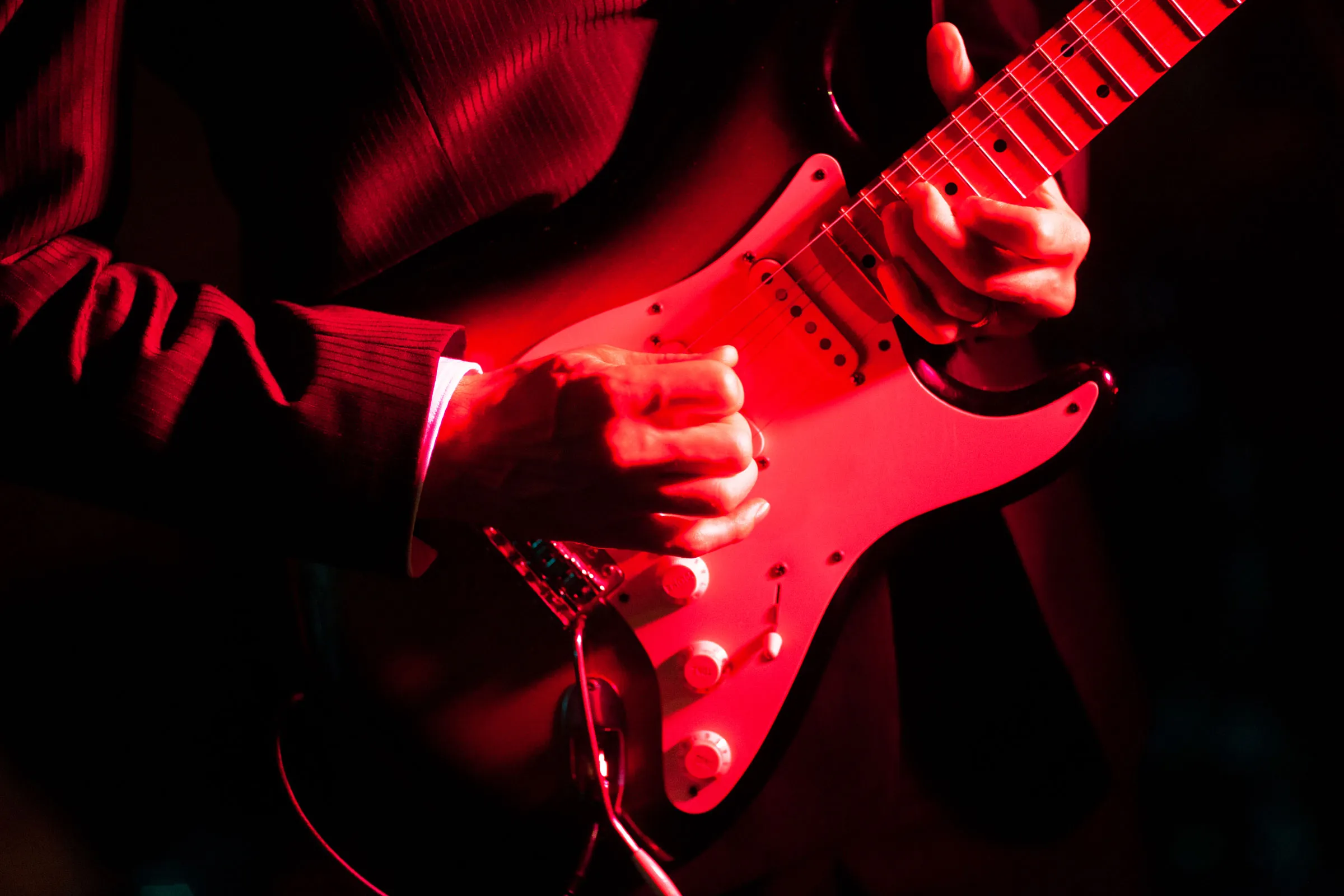Jazz clubs are vibrant venues where music lovers gather to enjoy live performances of jazz, a genre that originated in the African American communities of New Orleans in the late 19th and early 20th centuries. These clubs serve as cultural hubs where artists can showcase their talents and audiences can experience the magic of spontaneous music. Jazz is characterized by its expressive melodies, improvisation, and unique rhythms, making each performance a special event. The atmosphere of a jazz club is often intimate, allowing listeners to connect deeply with the music and the musicians. Over the years, jazz clubs have played a crucial role in the development of jazz music, influencing its evolution and promoting countless talented artists. By visiting these clubs, audiences not only support musicians but also immerse themselves in the rich history and culture of jazz. This article will explore the different types of jazz clubs, famous venues around the world, and the essential role they play in music culture.
The Atmosphere of Jazz Clubs
The atmosphere of a jazz club is a significant part of the experience. Often dimly lit with cozy seating, these venues create an intimate environment that draws the audience into the music. The sound of live instruments fills the air, and the energy is palpable as musicians perform right in front of the crowd. Many clubs have a small stage where artists can showcase their skills, allowing for a personal connection between the performer and the audience. This closeness enhances the experience, making it feel like you are part of the music rather than just a spectator.
In addition to the setting, jazz clubs often feature unique decor that reflects the history and culture of jazz. Vintage photographs, posters of famous musicians, and artwork inspired by jazz themes contribute to the ambiance. The combination of lighting, seating, and decor creates a warm and inviting space where people can relax and enjoy the music. This rich atmosphere is what makes jazz clubs special, as it allows patrons to escape from their daily routines and immerse themselves in the soulful sounds of jazz.
Types of Jazz Clubs
Jazz clubs come in various types, each offering a unique experience for music lovers. Small, intimate venues often feature local talent and provide a personal atmosphere where you can sit close to the musicians. These clubs allow for interaction between the artists and the audience, making each performance feel special and unique. The connection that develops in these settings can create memorable moments that stick with you long after the show ends.
On the other hand, larger concert halls host renowned jazz artists and can accommodate more fans. These venues often have better acoustics and advanced sound systems, making it possible to hear every note clearly. While they may lack the intimate feel of smaller clubs, larger venues can showcase more elaborate performances with intricate lighting and staging.
Finally, there are themed jazz clubs that focus on specific styles or eras of jazz. These clubs often feature decor and menu items that reflect their theme, adding an extra layer of enjoyment to the experience. Whether you prefer a cozy spot with local talent or a grand concert hall, there is a jazz club out there for everyone.
Famous Jazz Clubs Around the World
Several jazz clubs have gained international fame for their incredible atmosphere and legendary performances. In New York City, the Blue Note jazz clubs stands out as one of the most iconic venues. Known for hosting top-tier musicians, it has become a must-visit destination for jazz enthusiasts. The club’s intimate setting allows fans to experience live music up close, making it a cherished spot for both locals and tourists.
Another notable club is Preservation Hall in New Orleans, which has been a cornerstone of jazz culture since 1961. The venue emphasizes traditional New Orleans jazz and features local musicians who keep the rich history of the genre alive. The sense of community and dedication to preserving jazz music makes Preservation Hall a beloved institution.
In Chicago, the Jazz Showcase is renowned for showcasing a wide range of jazz styles and promoting both established and emerging artists. Its long history has contributed significantly to the jazz scene, making it a vital part of the city’s musical landscape. These clubs not only provide excellent music but also foster a sense of belonging among fans and musicians alike.
The Role of Jazz Clubs in Music Culture
Jazz clubs play a vital role in the music culture by serving as platforms for both established and up-and-coming artists. These venues provide musicians with the opportunity to perform in front of live audiences, helping them to develop their skills and build a fan base. Many famous jazz musicians got their start in small clubs, where they honed their craft and experimented with their sound.
Moreover, jazz clubs contribute to the local economy and culture by attracting tourists and residents alike. They create a vibrant nightlife scene and promote a sense of community among music lovers. By supporting local musicians, these clubs help to keep the genre alive and evolving.
Additionally, jazz clubs often host special events, such as open mic nights and jam sessions, encouraging collaboration among musicians. This sense of camaraderie fosters creativity and innovation within the jazz community. Overall, the impact of jazz clubs extends far beyond music; they are essential to preserving and promoting the rich cultural heritage of jazz.
Tips for Visiting a Jazz Club
Visiting a jazz club can be an exciting experience, especially for first-timers. Here are some tips to make the most of your visit. First, check the club’s schedule to see who is performing. Many clubs feature a variety of artists, so you might want to choose a night that showcases a style you enjoy. Arriving early is also a good idea, as seating is often first-come, first-served, and you’ll want to find a good spot to enjoy the performance.
When you’re at the club, be sure to embrace the atmosphere. Enjoy the ambiance, and don’t hesitate to engage with the music. It’s also important to be mindful of etiquette: try to avoid talking loudly during the performance, as this can disrupt both the musicians and other patrons. Lastly, consider supporting the artists by purchasing merchandise or tipping the musicians, especially if they perform a song you particularly enjoy. Following these tips will help ensure that your visit to a jazz club is memorable and enjoyable.
Conclusion
In summary, jazz clubs are essential spaces that celebrate and promote the rich culture of jazz music. From their inviting atmospheres to the talented artists who perform within their walls, these venues provide unforgettable experiences for music lovers. Whether you’re enjoying a quiet evening in a small club or attending a lively performance in a larger venue, the magic of live jazz is something to cherish. So next time you’re looking for a night out, consider visiting a jazz club to immerse yourself in the captivating world of this beloved musical genre.











